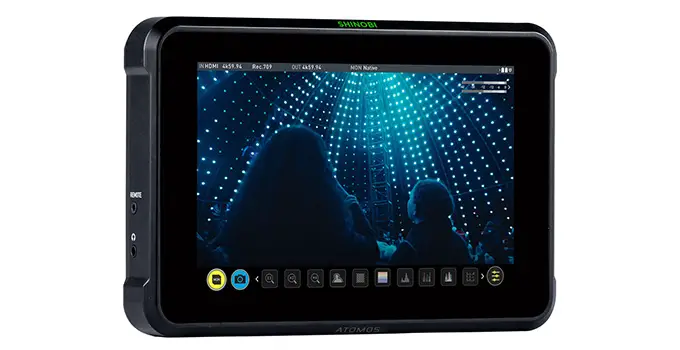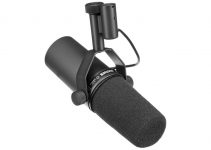Autofocus continues to get better and is actually a fairly common tool to find on many productions. The benefits of allowing the camera to track your subject are obvious, especially for smaller productions. That doesn’t mean that manual focus should be forgotten.
Many filmmakers will still recommend that you only use manual focus due to the amount of control you retain over the image and because some of the best optics are manual only. Manual focusing isn’t the easiest. If you want to learn about the best accessories for focus assistance are as well as how to best set up and use manual focus on your camera check out these tips from The Savage Filmmaker.
Tip #1: Magnification
If you aren’t moving super quickly then magnification is one of the simplest and most effective ways to check your focus. By punching in to a smaller portion of the image you can easily confirm that your subject is in focus.
Tip #2: Focus Peaking
A now somewhat common feature on most cameras and practically all monitors is focus peaking. Gauging by the contrast in the image it will highlight the edges that are in sharpest focus. Not a perfect system but it will be a very quick way to checking that you are in the right place.
Tip #3: External Monitors
Once you start rigging up your camera you will want to add an external monitor. It is usually larger, brighter, and sharper than anything that is built into your camera.
Plus, these monitors offer more features and advanced focus assist settings that are likely better than in-camera options. Definitely pick one of these up, something like the Atomos Shinobi.

Image Credit: Atomos
Tip #4: Follow Focus
Again with the rigging is to pick up a follow focus. With geared lenses (or gear ring attached to regular lenses) you can use a follow focus for smoother, more precise movements.
Follow focuses also tend to have other features, like being able to set hard stops, that will enable you to make repeat moves with extreme accuracy.
Tip #5: Focus on the Eyes
When you shoot people you will want to make sure you are focusing on the eyes. This is where your audience is going to look and if it isn’t in focus the whole image will look off. It also gives you a good point of focus for yourself to lock on.
Tip #6: Smaller Apertures
One way to help yourself is to increase the depth of field. You don’t need to stop down so much to get a little bit of extra depth of field to help out. With a slightly wider range in focus you don’t need to be as precise for things to look sharp.
Tip #7: Control Movement
You will want to control or coordinate any movements as much as you can. If you can prep for an exact movement with exact placement of your subject you will be better able to keep things in focus. If the subject or camera are moving sporadically then it will be more difficult. Rehearsal and proper blocking is critical.
Tip #8: Refocus While Recording
Don’t be afraid to refocus during a scene. By quickly shifting out of focus and then back into focus you can quickly make sure you are back on track. If you don’t do this when you think you might be out of focus you will lose a whole take, but by refocusing you can save at least part of the clip if not all the parts you need depending on who the edit goes.
What do you think about these focusing tips?
[source: The Savage Filmmaker]
Order Links:
Disclaimer: As an Amazon Associate partner and participant in B&H and Adorama Affiliate programmes, we earn a small comission from each purchase made through the affiliate links listed above at no additional cost to you.



